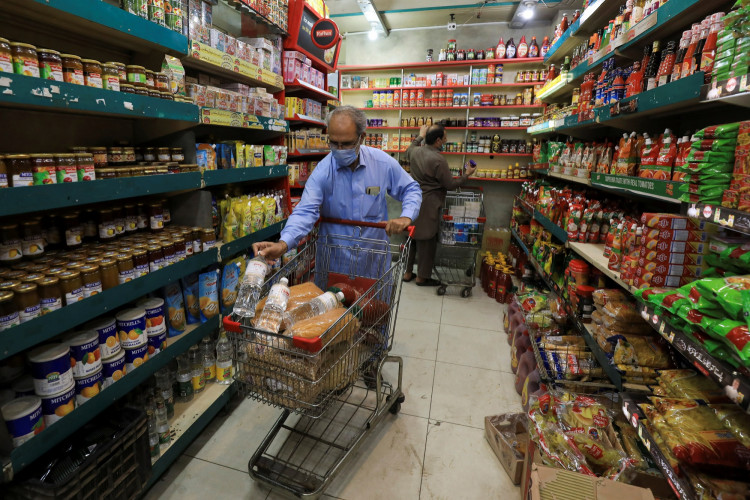Prices of diapers, cereal and toilet paper are expected to increase in the coming months after major companies said higher raw material costs are the culprits.
Procter & Gamble - the maker of Tampax and Pampers - said it plans to raise prices by September. General Mills - the maker of Cheerios - said it would also be raising prices. Kimberly-Clark said it will be increasing prices for some of its products, including its Scott-branded toilet paper and Huggies diapers by June.
All of the companies have pointed to a higher-demand environment and higher cost as the main reasons for their decision. Economists said the planned price increases reflect a major shift in the way companies have responded to the increased demand and supply chain disruptions caused by the pandemic.
Before the pandemic, retailers often absorbed some of the cost of price increases to remain competitive and to keep prices stable. However, the combination of disruptions in the supply chain - from manufacturing to shipping - has changed the dynamics of the retail market.
"When the pandemic first struck paper, toilet paper was like gold. The optics of trying to take a price increase during that time just weren't going to be good. This isn't an opportunistic profit-taking by companies. This is a reset of the market," analysts at consulting firm Kearney said.
The shift in consumer behavior due to the pandemic coupled with the manufacturing pressure to keep up with the shift in demand disrupted the supply chain, resulting in issues such as the recent container shortage in Asia.
According to the Bureau of Labor Statistics, the Consumer Price Index rose by 0.6% in March - its largest increase since August 2012. The CPI in other countries or measures equivalent to it has also increased. In the UK, the inflation rate hit 0.7% in March, fueled by higher oil prices.
"Right now, demand is fiscally stimulated and very strong. So even if you raise your prices, you're not necessarily going to lose market share, because most other producers are doing the same thing and because people have the means to buy," Gregory Daco, the chief U.S. economist for Oxford Economics, said.






